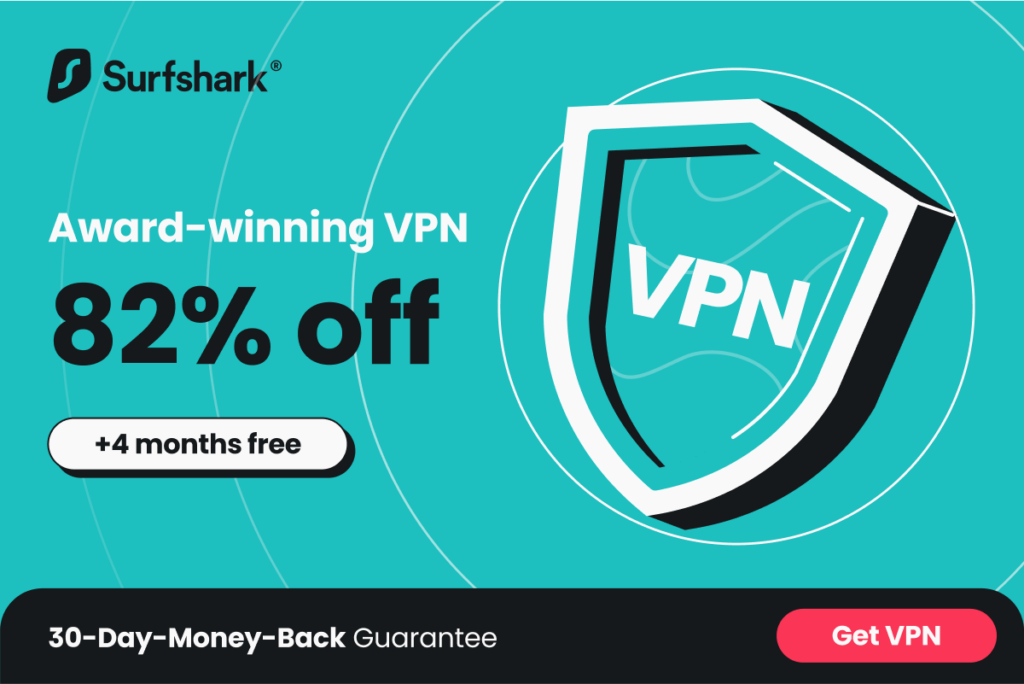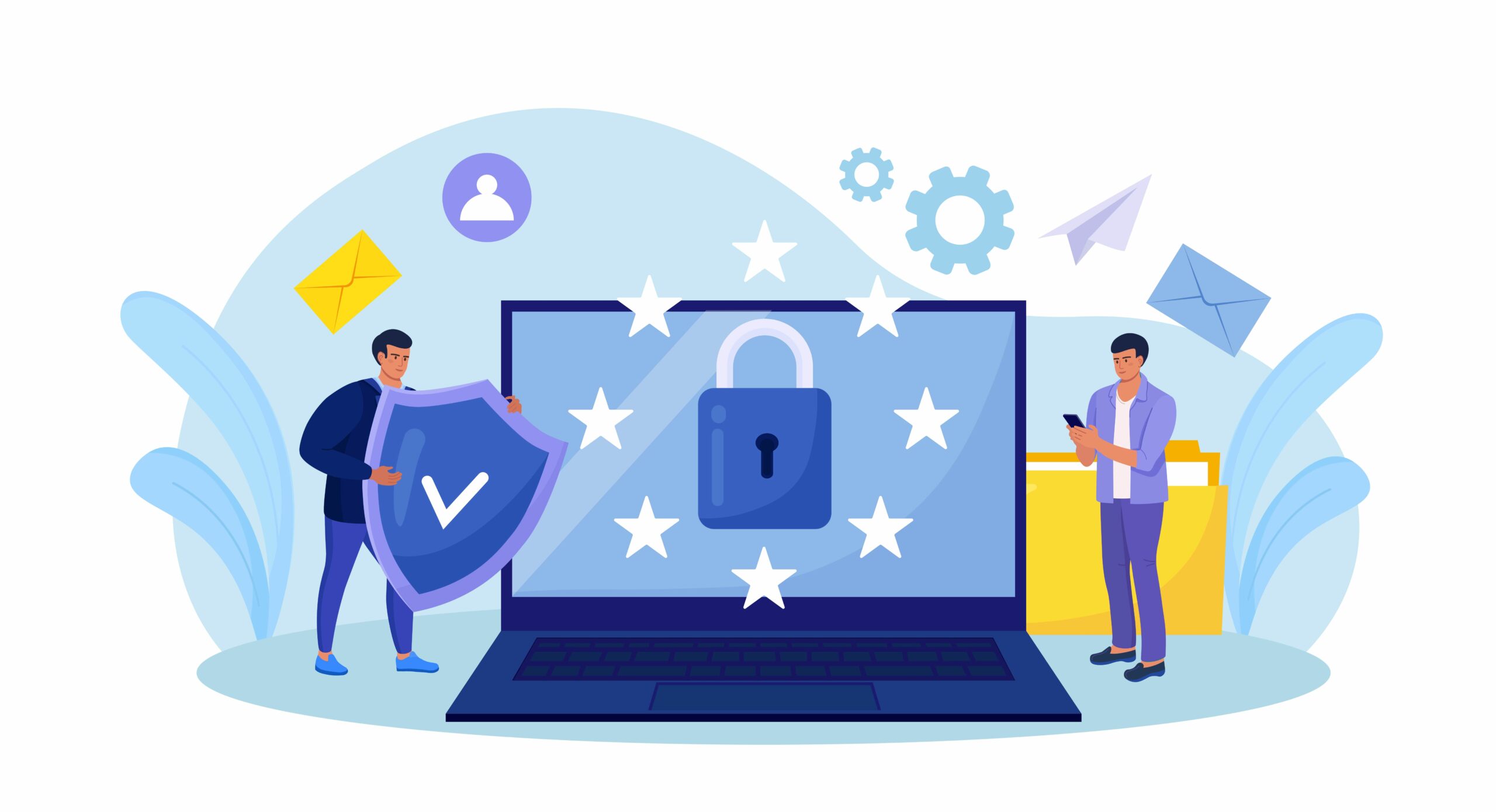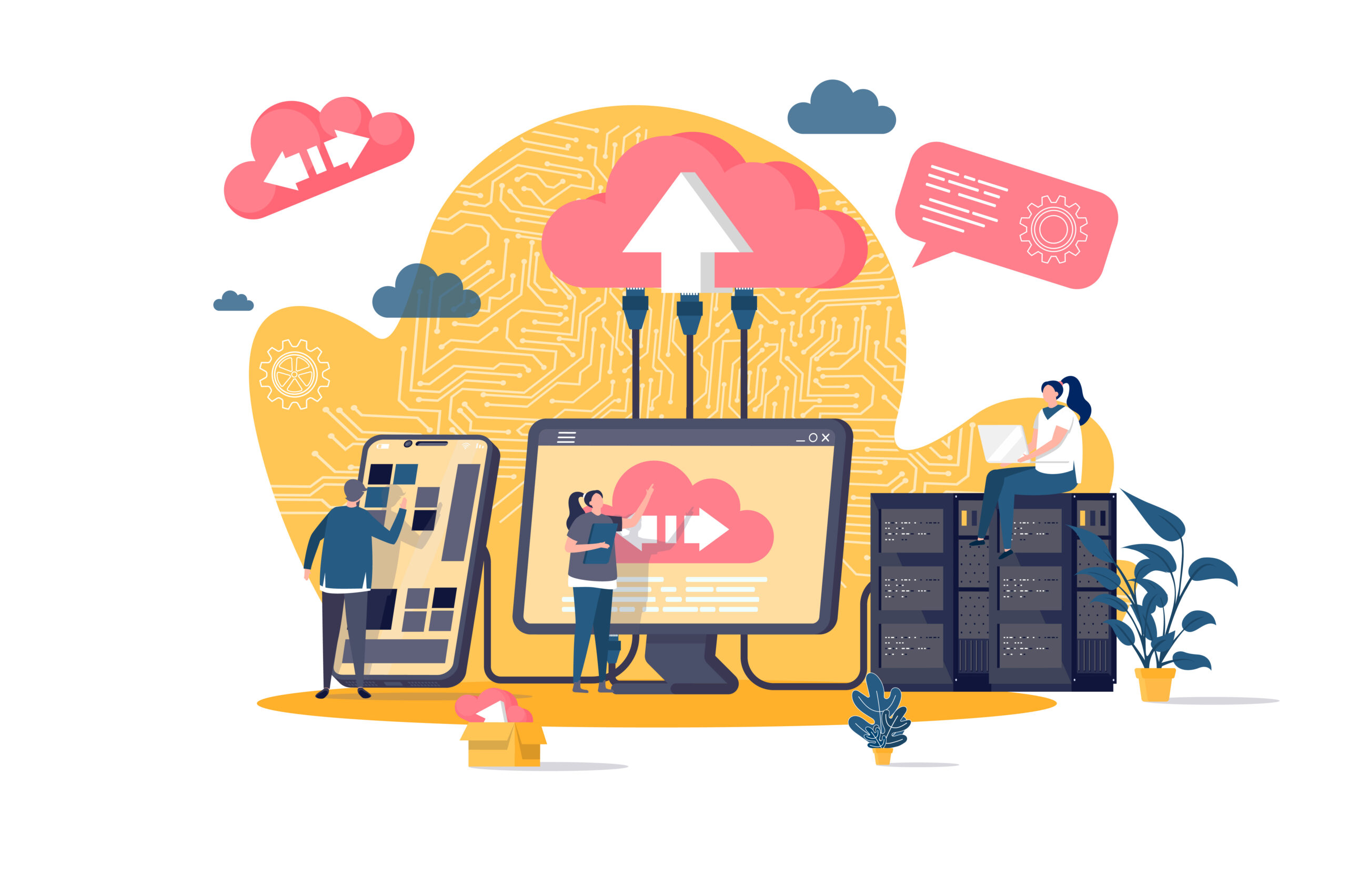Where privacy and security are of utmost importance, Virtual Private Networks (VPNs) have become an essential tool for individuals and businesses alike. A VPN is a technology that allows users to create a secure and encrypted connection to a private network over the internet. This connection ensures that all data transmitted between the user’s device and the private network remains secure and private.
The importance of VPNs cannot be overstated. With the increasing number of cyber threats and the constant monitoring of online activities by governments and ISPs, it has become crucial for individuals to protect their online privacy and security. VPNs provide a solution to these concerns by encrypting data and masking the user’s IP address, making it difficult for hackers, government agencies, and ISPs to track and monitor online activities.
How VPNs Work: Understanding the Technology Behind It
To understand how VPNs work, it is important to understand the technology behind them. VPNs use various protocols to establish a secure connection between the user’s device and the private network. Some of the commonly used protocols include OpenVPN, L2TP/IPsec, and PPTP.
When a user connects to a VPN, their device creates a secure tunnel through which all internet traffic is routed. This tunnel encrypts the data, making it unreadable to anyone who intercepts it. The encrypted data is then sent through the tunnel to the VPN server, where it is decrypted and forwarded to its destination.
The encryption process used by VPNs ensures that even if someone manages to intercept the data, they will not be able to decipher it without the encryption key. This provides an additional layer of security and ensures that sensitive information, such as passwords and credit card details, remains protected.
What Information Can a VPN Hide: Exploring the Capabilities of VPNs
One of the key capabilities of VPNs is the ability to hide the user’s IP address. An IP address is a unique identifier assigned to each device connected to the internet. It can be used to track the user’s online activities and determine their location. By masking the user’s IP address, VPNs make it difficult for anyone to track their online activities or determine their location.
In addition to hiding the IP address, VPNs also allow users to hide their browsing history. When a user connects to a VPN, all their internet traffic is routed through the VPN server, which means that their ISP cannot see what websites they are visiting. This provides an additional layer of privacy and ensures that the user’s browsing history remains private.
Furthermore, VPNs also conceal online activity from ISPs. ISPs have the ability to monitor and track their users’ online activities. By using a VPN, users can prevent their ISPs from tracking their online activities and collecting data about them. This is particularly important in countries where ISPs are required to collect and store user data for a certain period of time.
Protecting Your Online Identity: How VPNs Keep You Safe from Cyber Threats
One of the main reasons why individuals and businesses use VPNs is to protect their online identity and stay safe from cyber threats. VPNs provide a secure and encrypted connection, which makes it difficult for hackers to intercept and access sensitive information.
By encrypting data, VPNs protect against hacking attempts. Even if a hacker manages to intercept the data, they will not be able to decipher it without the encryption key. This ensures that sensitive information, such as passwords and credit card details, remains protected.
VPNs also help prevent identity theft. Identity theft occurs when someone steals another person’s personal information, such as their name, address, and social security number, to commit fraud or other criminal activities. By using a VPN, individuals can protect their personal information and make it difficult for identity thieves to access it.
Another common cyber threat is phishing scams. Phishing scams involve tricking individuals into revealing their personal information, such as passwords and credit card details, by posing as a legitimate entity. VPNs can help protect against phishing scams by encrypting data and making it difficult for scammers to intercept and access sensitive information.
Bypassing Geographical Restrictions: How VPNs Help Access Blocked Content
In addition to providing privacy and security, VPNs also allow users to bypass geographical restrictions and access blocked content. Many websites and streaming services restrict access to their content based on the user’s location. This is done to comply with copyright laws and licensing agreements.
By using a VPN, users can change their virtual location and appear as if they are accessing the internet from a different country. This allows them to bypass geographical restrictions and access content that is otherwise unavailable in their region.
Streaming services, such as Netflix and Hulu, are particularly popular among VPN users. These services often have different content libraries for different regions. By using a VPN, users can access content from different regions and enjoy a wider range of movies and TV shows.
VPNs also offer benefits for travelers. When traveling to a different country, users may find that certain websites and services are blocked or restricted. By using a VPN, travelers can bypass these restrictions and access the internet as if they were in their home country. This ensures that they can stay connected and access the content and services they need while abroad.
Securing Your Online Transactions: How VPNs Ensure Safe Online Banking
Online banking has become increasingly popular in recent years, with more and more people opting to manage their finances online. However, online banking comes with its own set of risks, as cybercriminals are constantly looking for ways to steal sensitive financial information.
Using a VPN can help ensure safe online banking. When connecting to a VPN, all internet traffic is encrypted, including the data transmitted during online banking sessions. This means that even if someone manages to intercept the data, they will not be able to decipher it without the encryption key.
VPNs also provide an additional layer of security by masking the user’s IP address. This makes it difficult for hackers to track the user’s online activities and target them with phishing scams or other fraudulent activities.
Furthermore, VPNs can also protect against man-in-the-middle attacks. In a man-in-the-middle attack, a cybercriminal intercepts the communication between the user and the online banking website, allowing them to steal sensitive information. By using a VPN, users can prevent man-in-the-middle attacks by encrypting the data and making it difficult for cybercriminals to intercept and access it.
Protecting Your Data from Prying Eyes: How VPNs Keep Your Information Private
Data privacy is a major concern in today’s digital age. Governments and ISPs are constantly monitoring and collecting data about individuals’ online activities. This data can be used for various purposes, including targeted advertising, surveillance, and even censorship.
VPNs play a crucial role in protecting data privacy. By encrypting data, VPNs ensure that even if someone manages to intercept it, they will not be able to decipher it without the encryption key. This provides an additional layer of security and ensures that sensitive information remains private.
Furthermore, VPNs also protect against government surveillance. In many countries, governments have the power to monitor and collect data about their citizens’ online activities. By using a VPN, individuals can prevent government agencies from tracking their online activities and collecting data about them.
For privacy-conscious individuals, VPNs offer numerous benefits. By masking the user’s IP address, VPNs make it difficult for anyone to track their online activities or determine their location. This ensures that individuals can browse the internet anonymously and maintain their privacy.
VPNs and Public Wi-Fi: Why You Need One When Using Public Networks
Public Wi-Fi networks are convenient and widely available, but they also come with their own set of risks. When connected to a public Wi-Fi network, such as those found in coffee shops, airports, and hotels, users are at risk of having their sensitive information intercepted and accessed by cybercriminals.
One of the main risks of using public Wi-Fi is the possibility of a man-in-the-middle attack. In a man-in-the-middle attack, a cybercriminal intercepts the communication between the user and the Wi-Fi network, allowing them to steal sensitive information, such as passwords and credit card details.
Using a VPN can help protect against public Wi-Fi threats. When connected to a VPN, all internet traffic is encrypted, making it difficult for cybercriminals to intercept and access sensitive information. This ensures that users can safely browse the internet and access their online accounts without worrying about their information being stolen.
VPNs also offer benefits for frequent travelers. When traveling, individuals often rely on public Wi-Fi networks to stay connected. By using a VPN, travelers can ensure that their sensitive information remains protected, even when connected to unsecured public Wi-Fi networks.
VPNs and Privacy Laws: Understanding the Legal Implications of Using a VPN
While VPNs are a powerful tool for protecting online privacy and security, it is important to understand the legal implications of using a VPN. The legality of VPNs varies from country to country, with some countries banning or restricting their use.
In countries where VPNs are banned, individuals can face legal consequences for using them. These consequences can range from fines to imprisonment, depending on the severity of the offense. It is important for individuals to familiarize themselves with the laws regarding VPN usage in their country and use VPNs responsibly and legally.
In countries where VPNs are legal, individuals can use them without fear of legal consequences. However, it is still important to use VPNs responsibly and respect the laws and regulations of the country in which they are being used.
Choosing the Right VPN: Tips for Selecting the Best VPN Provider for Your Needs
When choosing a VPN provider, there are several factors to consider. These factors include the level of encryption offered, the number of servers and locations available, the speed and reliability of the connection, and the provider’s privacy policy.
It is important to choose a VPN provider that offers strong encryption to ensure that your data remains secure and private. Look for providers that use protocols such as OpenVPN, which is considered to be one of the most secure VPN protocols.
The number of servers and locations available is also an important consideration. The more servers and locations a VPN provider has, the more options you will have for connecting to different regions and accessing blocked content.
The speed and reliability of the connection are also crucial factors to consider. A slow or unreliable connection can be frustrating and may impact your online activities. Look for VPN providers that offer fast and stable connections.
Finally, it is important to review the provider’s privacy policy. Look for providers that have a strict no-logs policy, which means that they do not collect or store any information about your online activities.
Before committing to a subscription, it is a good idea to test a VPN to ensure that it meets your needs. Many VPN providers offer free trials or money-back guarantees, allowing you to test the service before making a long-term commitment.
Conclusion:
In conclusion, VPNs have become an essential tool in today’s digital age. They provide privacy and security by encrypting data and masking the user’s IP address, making it difficult for hackers, government agencies, and ISPs to track and monitor online activities. VPNs also allow users to bypass geographical restrictions and access blocked content, as well as protect sensitive information during online banking transactions.
Additionally, VPNs help protect data privacy, secure online transactions, and ensure safe browsing on public Wi-Fi networks. However, it is important to understand the legal implications of using a VPN and choose a reputable provider that meets your specific needs. Overall, VPNs play a crucial role in ensuring online privacy and security in an increasingly interconnected world.
If you’re wondering what a VPN can hide and how it can benefit your online activities, you might be interested in reading the article “How to Stop Your ISP from Throttling” on VPN Investigation’s website. This informative piece explores the impact of VPNs on internet speed and provides tips on preventing your internet service provider from slowing down your connection. Understanding how to bypass throttling can enhance your online experience and ensure a smoother browsing, streaming, and gaming experience. Check out the article here.




